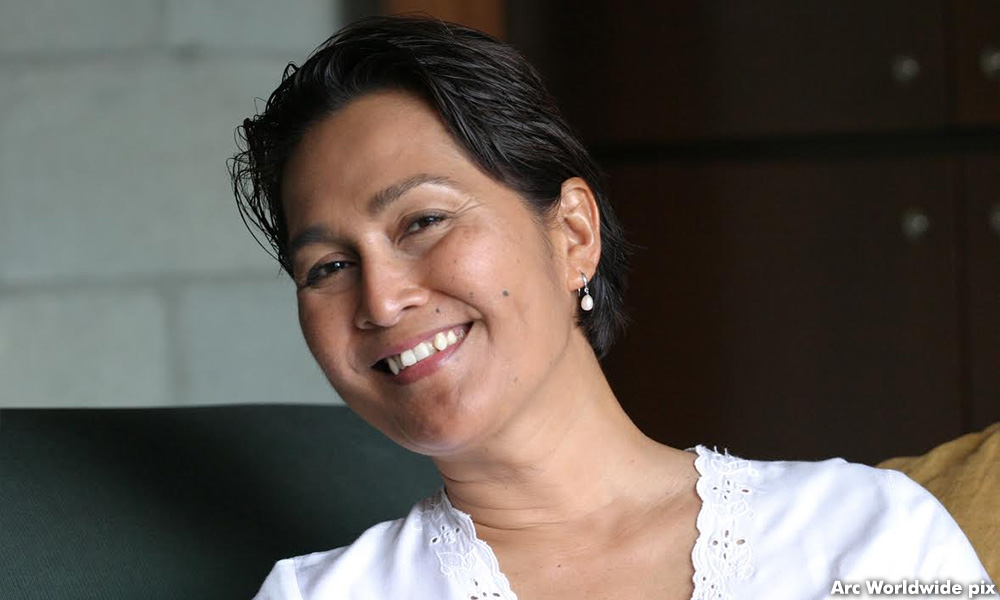A recent Merdeka-themed video that was released sparked some controversy; in the home of a small nuclear family, a father complains as he scrolls social media about the stereotypical behaviours of certain races in the presence of his child.
His wife chides him as his behaviour is un-Islamic, but when the child shows a drawing with the same stereotypical depictions in place, the video ends with, “I was not born racist, but I was taught.”
This video follows in the footsteps of similarly themed Merdeka videos, popularised by the late filmmaker Yasmin Ahmad that try to address racial disunity in Malaysia.
Following some public criticism, the video was removed and the creators apologised, but it is important to keep in mind that such mixed responses highlight the complex nature of addressing racism in this country.
Like many other Merdeka-themed videos, this too has a positive objective in seeking to shine a light on commonly used racial stereotypes and to appeal to someone’s religious values to not condone racism, specifically targeting the Malay community about the dangers of indulging in these stereotypes.
But, ironically, the video also engages in some reckless and dangerous forms of normalising racism in spite of its more noble message.
When you highlight racist stereotypes through direct usage, you normalise their usage. For instance, the K-word is considered a major slur often used against the Indian community in this country (as evidenced by the issue regarding the definition of the term by Dewan Bahasa and Pustaka and the almost blase way in which certain quarters dismissed the whole issue).
The flippant way the K-word is used in the video (despite a tiny disclaimer at the top) gives the impression that it is acceptable to use as long as you provide a disclaimer.
However, the word has a nefarious and tenuous history with the Indian community. The term itself is so loaded with problematic colonial history and is comparable to the N-word for African Americans.

As such, the use of a term, especially by non-Indians, reinforces that while this word may be bad, it is acceptable when qualified. This assumption ignores the negative significance of the term to the Indian community and is a reminder that they are often neglected and left behind.
The example of the K-word and the Malaysian Indian community is not anecdotal, and all minorities in this country have encountered similar experiences.
The casual use of these terms and stereotypes, despite providing a warning of negative use, normalises it amongst audiences as evidenced by years of media effects research, and does very little to change people’s views and instead reinforces the same stereotypes in people.
Through the theory of cultivation, people are influenced by the media through long-term exposure to media tropes that instil stereotypical ideas of the world.
Past research indicated the existence of the Mean World Syndrome that was cultivated in individuals who were exposed to violence on television, not just from violent movies and shows, but from indirect violence in news and documentaries. The exposure is often subtle, unnoticeable, intrinsic and once cultivated can be very difficult to dislodge.
While the cultivation power of television has been drastically reduced due to social media, cultivation still occurs through social media via the echo chamber effect and confirmation bias where people are exposed to only certain values and perspectives that entrench highly insular viewpoints.
When people are exposed to the use of certain terms or stereotypical examples, these values are imprinted onto individuals subtly, regardless of any more positive messaging that accompanies it.
Over time, these subtle values become normalised in an individual who will draw from these examples as evidence that it is normal and common in everyday life, when it is mainly from their media exposure bubble.
This is the same logic that is currently driving the progressive movements to push for more inclusive representation in media where audiences (and young children especially) will learn and be inspired by the heroes they see in their media who have a closer resemblance to them rather than the stereotypical white saviour.
Instead of the approach employed by the video criticised here, these representational values have to be focused on the aspirational ideal rather than highlighting existing bad practices.

Malaysia, being a highly plural state, has forefronted racial identity in so many aspects of our culture, society and systems. This makes it practically impossible for Malaysians to have a perspective that is uninfluenced by racial lenses.
The government’s attempts to address racism have been slow and ineffective such as the failed attempt to ratify the International Convention on the Elimination of Racial Discrimination (Icerd) and the only recently announced Shared Prosperity Vision 2030 plan to finally address poverty in the country across ethnic lines.
Thus, it behoves other stakeholders in the country: social movements, civil societies and regular people to stop accepting the casual use of racial slurs and stereotypes.
In her peak, Yasmin's Merdeka videos became a yearly institution of hope and inspiration for a more racially inclusive Malaysia.
Despite engaging with difficult and sensitive racial issues, her films presented the ideal that Malaysians should aspire for without using negative or divisive portrayals and examples.
Her presence will always be sorely missed but we can honour her memory by continuing her efforts and formula in making Malaysia more racially inclusive.
In the spirit of Merdeka, we must recognise the responsibility we have to point out problematic engagements on racial issues such as this and ensure that all parties are held accountable for the content they create in the hopes of bucking the trend of media content reinforcing and entrenching racial stereotypes. - Mkini
BENJAMIN YH LOH is a senior lecturer at the School of Media and Communication at Taylor’s University and an associate with the Asia Centre in Bangkok.
The views expressed here are those of the author/contributor and do not necessarily represent the views of MMKtT.




No comments:
Post a Comment
Note: Only a member of this blog may post a comment.